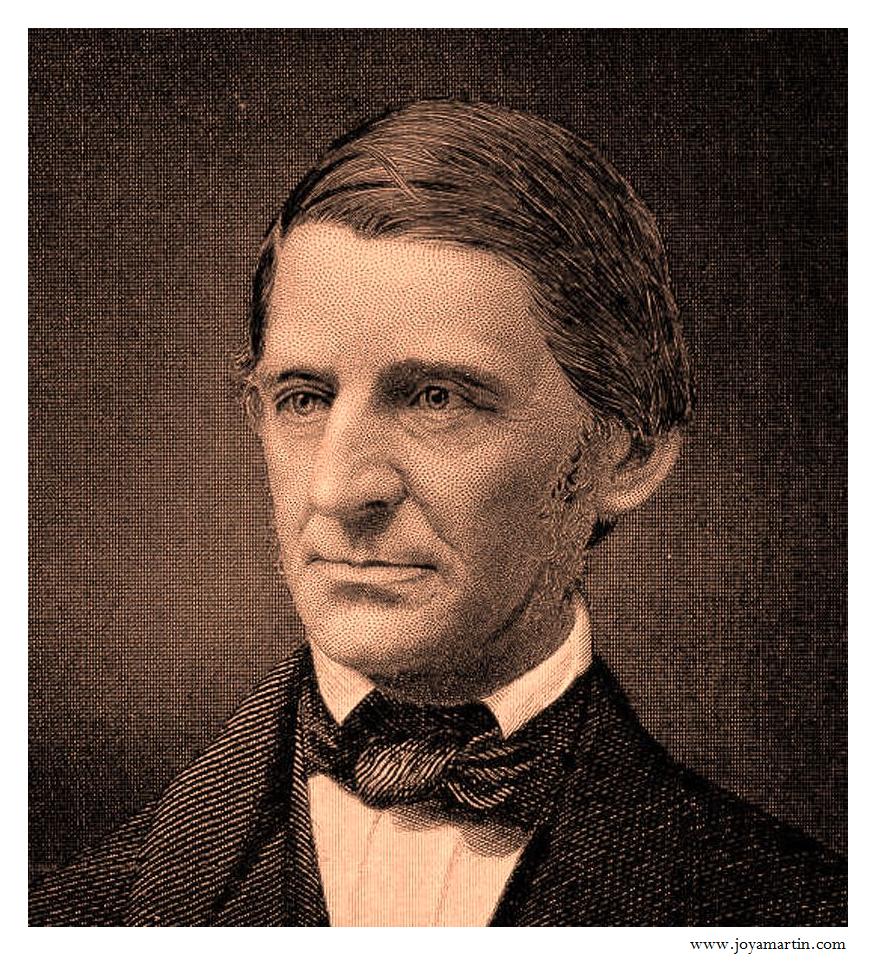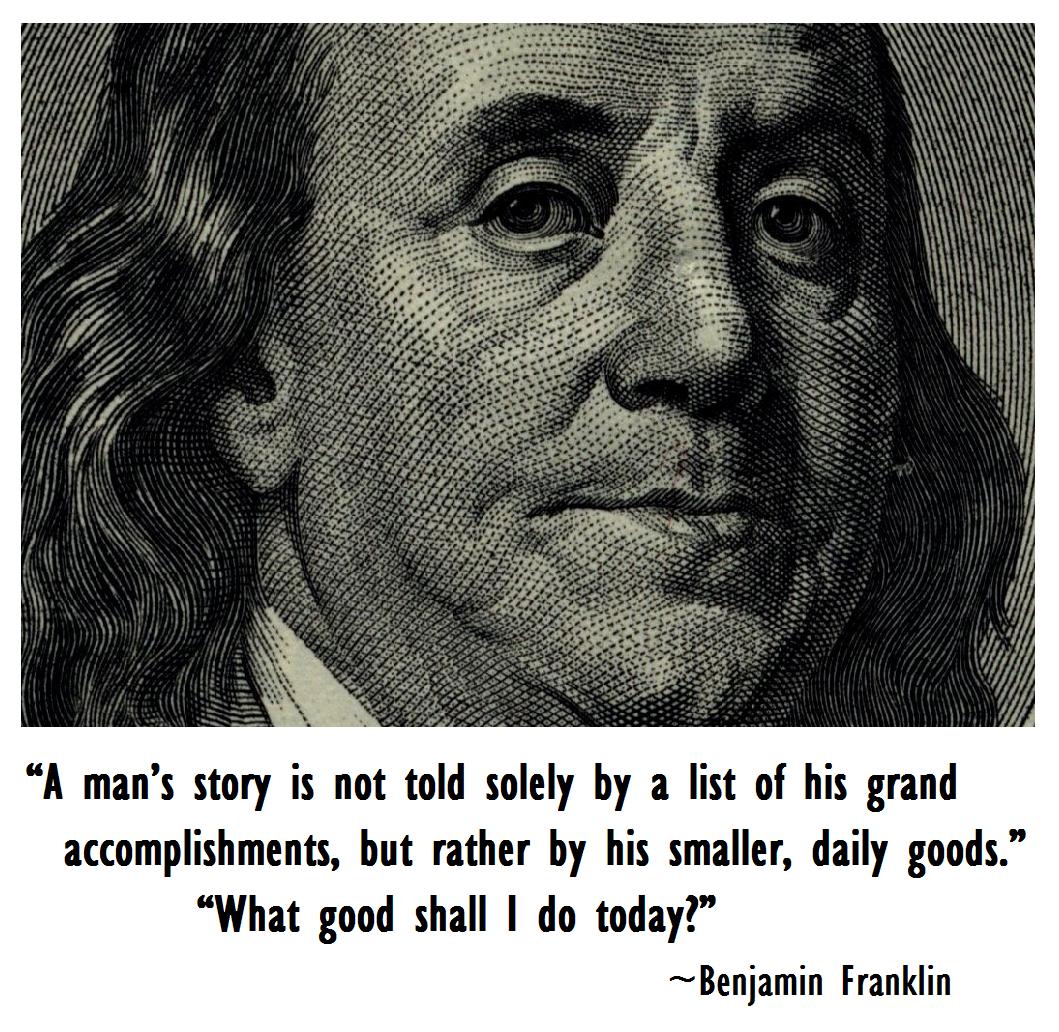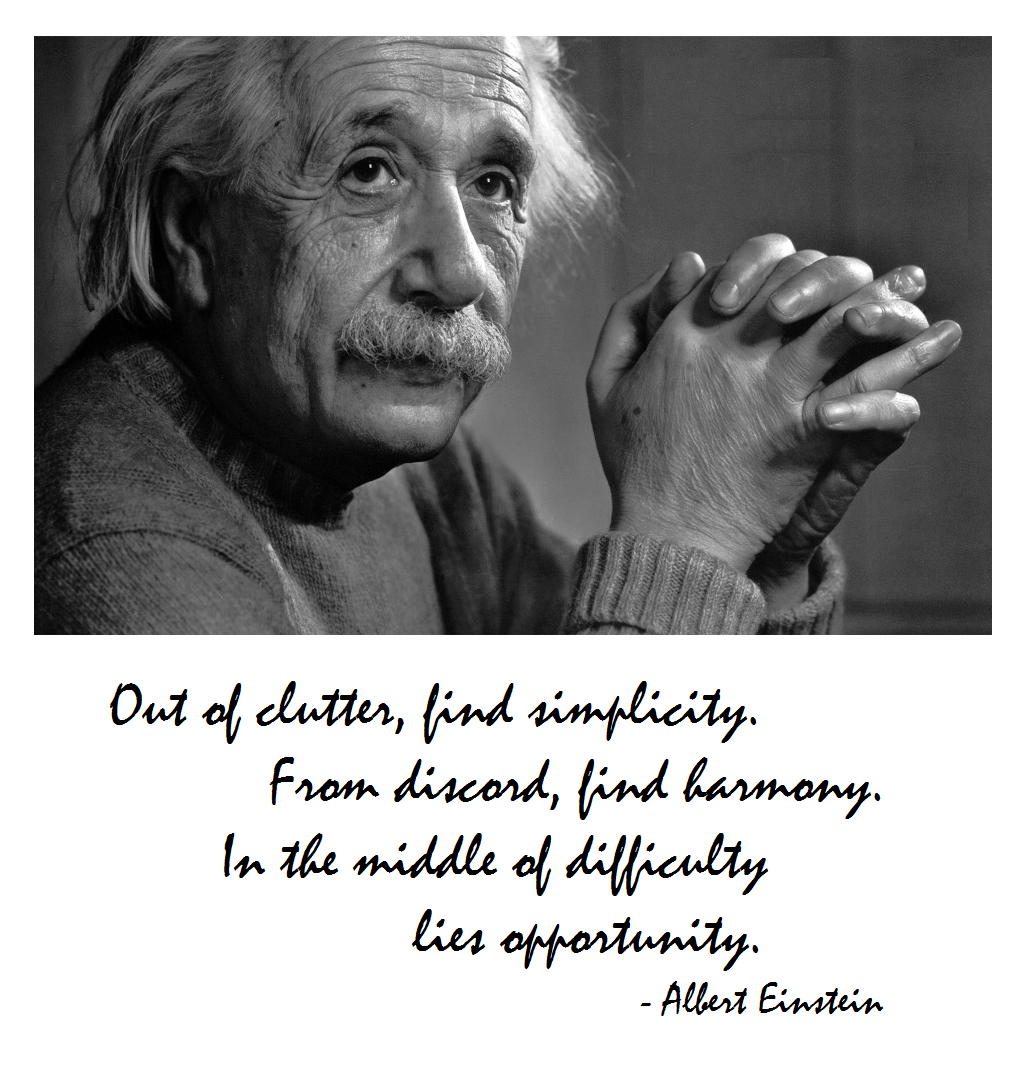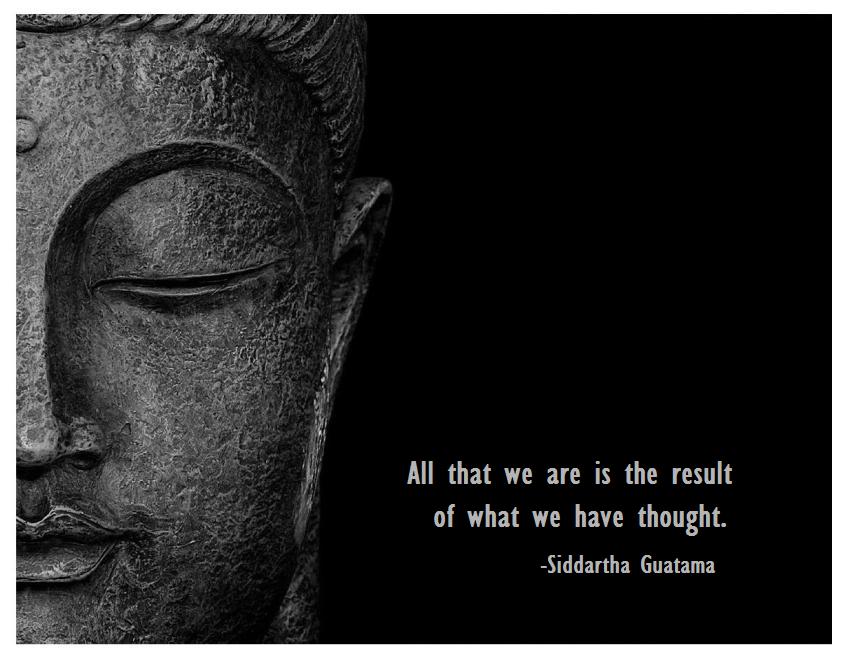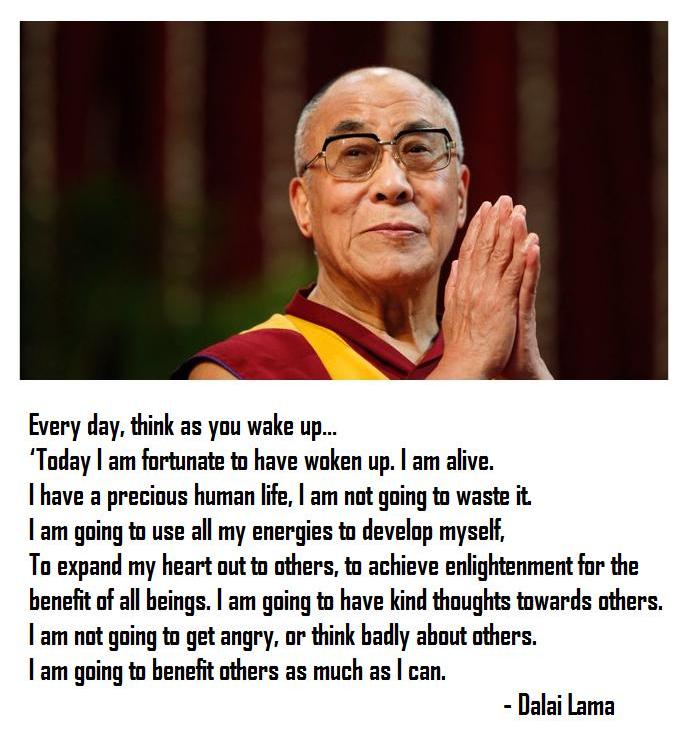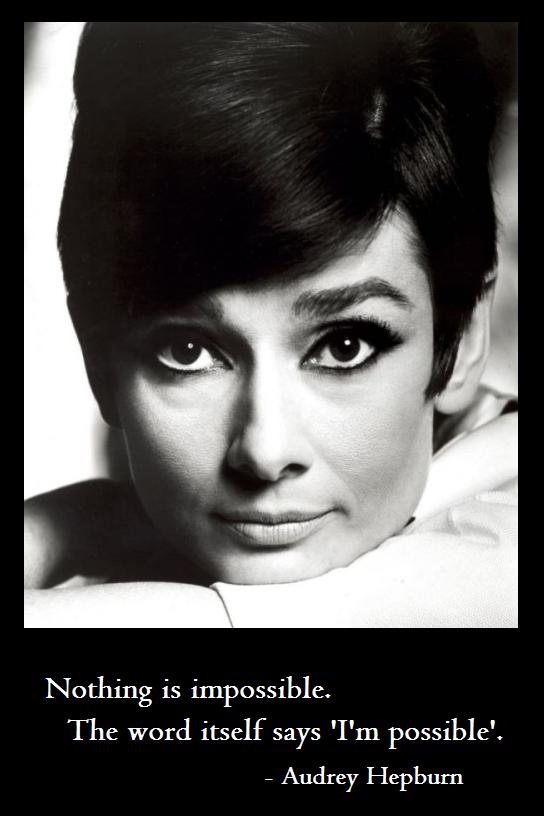Did you take a moment to be grateful today? Gratitude consists of being fully aware of your current circumstances with all its worrying details, both big and small, and being able to recognize the good.
“In ordinary life we hardly realize that we receive a great deal more than we give, and that it is only with gratitude that life becomes rich.” ― Dietrich Bonhoeffer
In our modern daily lives, it is easy to take for granted the gifts we have been given by the many thousands of people who have gone before us. It is mind-boggling to try to fathom the effort that has gone into giving us the lives we enjoy simply by virtue of having been born in the 20th century.
Consider the desktop computer, laptop, handheld tablet or smart phone on which you are reading this post. Only a genius could fully comprehend all the details, the intricate science, engineering and technology used to develop and manufacture it. Try to imagine the time and effort that went into making each item of clothing you are wearing now – how the cotton was grown, and picked and spun and then woven into cloth, and dyed into interesting fabric. Think of the designers who envisioned the cut and style of the garments. Ponder the work of the people involved in creating and sewing the patterns. Contemplate the last meal you ate—even if it was only as modest as a can of beans or a bowl of ramen noodles. What about the transportation you take each day? Could you reproduce any of these items completely on your own?
Reflect on the brilliant minds over thousands of years that devoted themselves to inventing and perfecting the modern comforts and luxuries we take for granted. Innumerable men and women cared enough to make their lives count for something, so that we can all enjoy better standards of living today. Life has given us so much more than we can ever return to it.
“Gratitude unlocks the fullness of life. It turns what we have into enough, and more. It turns denial into acceptance, chaos to order, confusion to clarity. It can turn a meal into a feast, a house into a home, a stranger into a friend. Gratitude makes sense of our past, brings peace for today, and creates a vision for tomorrow.” – Melody Beattie
I encourage you to spend just a few moments now and each day in quiet reflection on the good things in your life.
All day long, make a habit of noticing all the gifts around you, the people, companies and technologies that serve you. Think of your health. It may not be perfect, but focus on the miracle of the things that work – your eyes to see, ears to hear, skin to protect all your internal organs, legs to take you were you need to go. Take responsibility for consciously feeling grateful for all the gifts life has presented to you. Express your appreciation. Say “thank you” as often as possible, to as many people as possible.
“If the only prayer you ever say in your entire life is thank you, it will be enough.” — Meister Eckhart
I spent my time in gratitude this morning with my dog, Frisky, on Ffreyes Beach—just three minutes from my home. I stood in awe of the natural beauty that surrounded me, and felt overwhelmed with appreciation (as I always do), for this little island of Antigua, which I call home. I snapped a few seconds of video. Enjoy!




